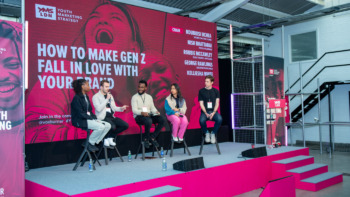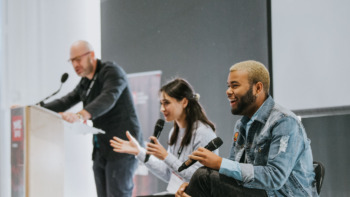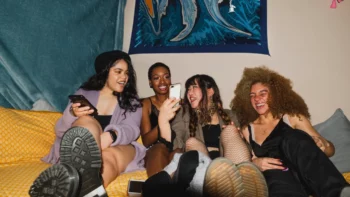We spoke to a panel of students from the US and UK to discuss a big buzzword in the Gen Z community – authenticity. Hear all their thoughts on what brand authenticity means to them, and how brands can channel this all-important attribute.
Brand authenticity – Gen Z’s view
We’ve learnt from our research that at least 52% of Gen Z students in the US think it’s very important that a brand is authentic, with 43% agreeing that it is somewhat important.
But what exactly makes a brand authentic? Our student panelists spill the beans:
“For me, what comes to mind is that just whatever they [the brand] kind of put out to their audience and to their clientele, they’re being truthful about and forward about,” comments Bailey, a Business student from California. “I think a big role in it can be setting strong priorities. Things in today’s age, like going green. I know a lot of businesses are starting to take a political stance on some very controversial things. I think anything where they’re kind of thinking of the people that support them first, and being truthful about it, forward about it, and just keeping that sheer honesty with their customer base is the biggest thing for me.”
Medicine student from Toronto, Gurjot, agrees: “Anything that they put out there, if they have a platform, as long as they are doing exactly what they’re saying, that’s about as authentic as they can be. The going green thing is huge right now, especially with skincare. I know, I’m a big Sephora fan, so when it does have that vegan or clean-approved brand sticker, it’s nice to know that they are catering towards a better world – and to what we want as well as consumers.”
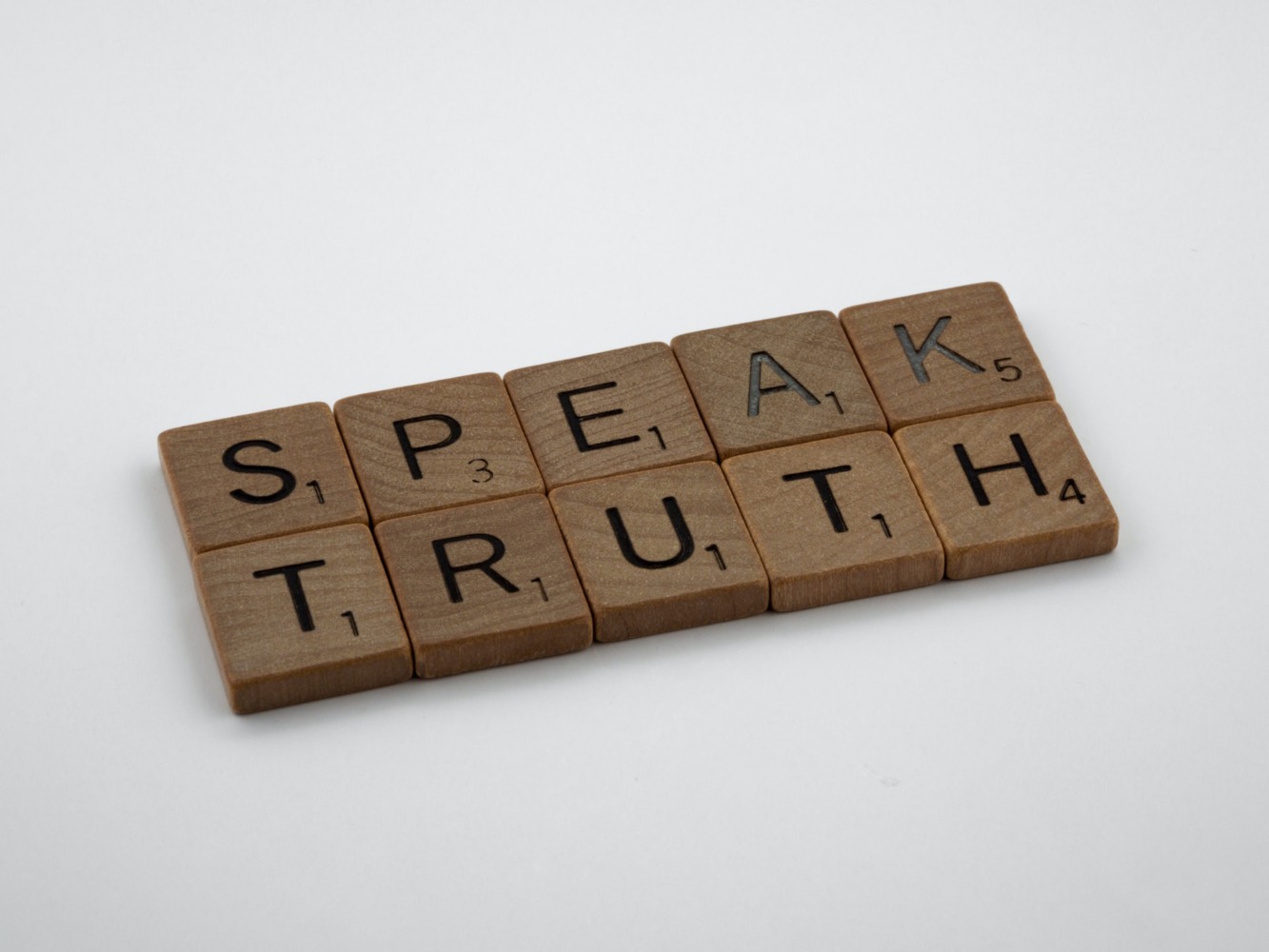
Paula, a Biology student from New York, adds: “I feel like [the brands] just straight up being honest and trying to better themselves based on their values. If the brand has good values and they’re transparent about what they’re doing, I feel like that kind of proves its authenticity. And it’s trying to stick to their values, but still trying to better themselves – that’s a great part of it.”
Brands supporting causes
When it comes to brands supporting certain causes that are particularly important to Gen Z, our insights show that students across the US and UK generally feel positive about brands getting involved in conversations. For example, we’ve learnt that 97% of US students think brands should get involved in Stop Asian Hate, and 93% of 16-24s in the UK would like to see brands supporting Black Lives Matter. Over 90% of students in both territories also say it is important that a brand cares about protecting the environment. Clearly, students are keen for brands to raise their voice – but how exactly can they do this authentically?
“I think there’s a line between being supportive and being political,” comments Bailey. “I do like to see brands support human rights and support what’s evidently right for everybody. I don’t necessarily like to see brands kind of join sides or try and get weird or cryptic with their messages – but I think when brands spread a message that’s good and positive for about 98% of people that are leaning in the same direction then yeah I definitely like to see brands taking a fair stance on things – I definitely like to see them say to minorities group we’re with you and we stand with you.”
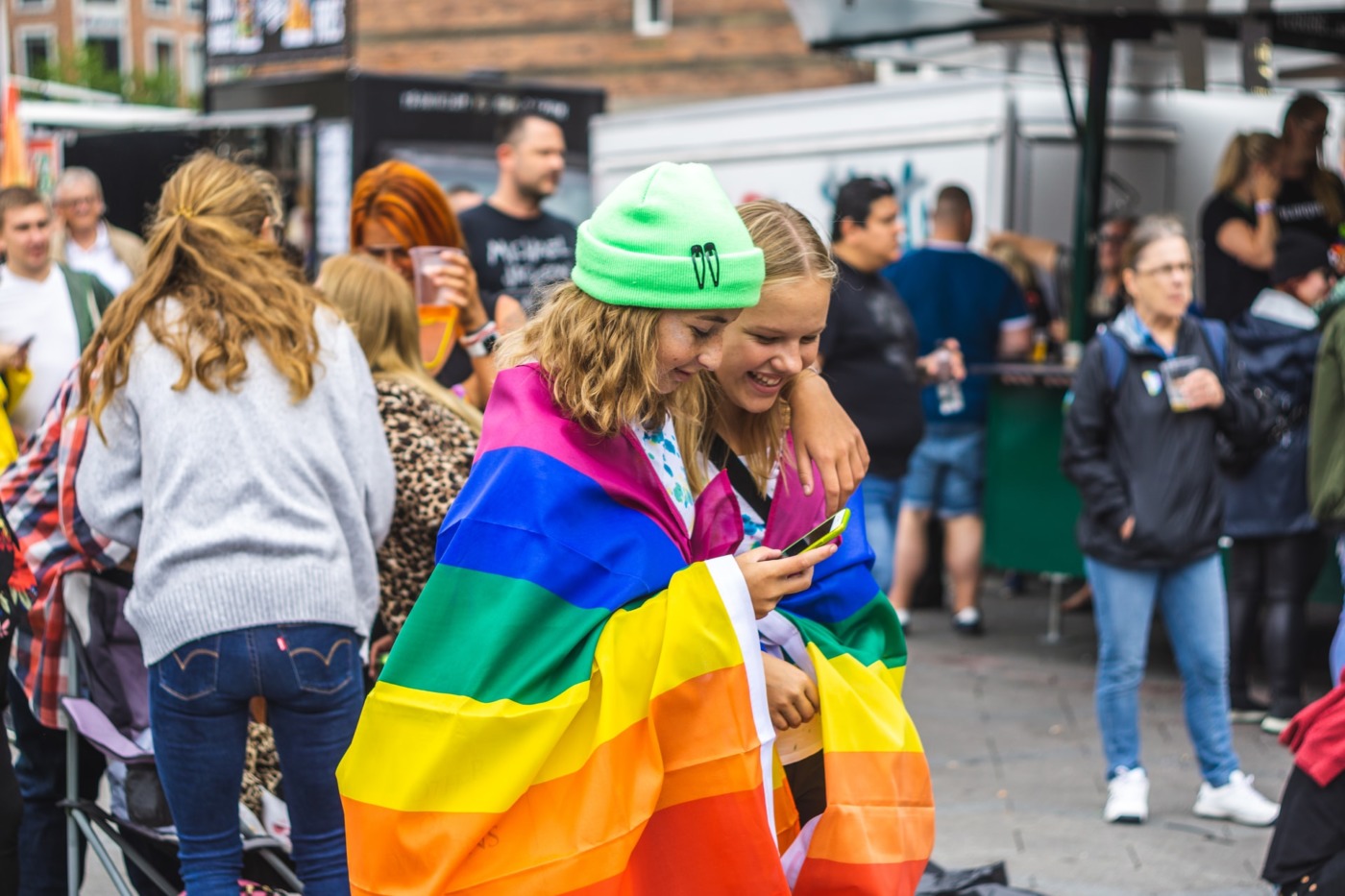
Cianne, a Philosophy and Journalism student from Hertfordshire, says: “I think rather than just coming out to show support in given months, like LGBT, where a lot of brands came forward pushing the rainbow and saying “we support LGBT bla bla bla bla bla” – but that would be the only month of the year that they would ever actually come forward and say that. Plus, a lot of the time it doesn’t feel like actual support – it feels like brands just do that for their own benefit to gain customers.
“It’s better to be able to actually see the difference that they’re making. Rather than just saying they’re doing something, show us what you’re doing – don’t just post it on Instagram, or put a little poster in the window. We want to see what you’re doing.” She adds, “Take Primark for example – even just the fact that they don’t have plastic bags and they have the paper bags, I don’t know many other shops that do that. So just small things like that.”
Brand authenticity from a sector perspective
Of course, getting involved in a cause that has close connections with your brand values or the sector your brand sits within is important. Lucia, a Criminal Justice and Criminology graduate from Leeds, touches on certain campaigns within the beauty and fashion industry that project authenticity.
“Transparency is key and I think that comes with being honest to your consumers,” Lucia explains. “Brands aren’t going to be 100% sometimes – like skincare and makeup brands aren’t going to make you look very airbrushed all the time. So it’s great to see recent beauty campaigns showing real skin, and campaigns within fashion showing people’s real bodies and things like that. Advertising to the people that you’re selling to is important – as well as promoting positivity and actually practising what you preach.”
Which brands are channeling authenticity in Gen Z’s view?
“There’s a telephone network company called Bell that we have in Canada,” says Gurjot. “They do a mental health awareness day once a year – that’s one big brand that I know that’s done quite a big thing. Also, RBC hosts the Pride Parade in Toronto every single year – they’re one of the biggest sponsors and they were the first people to actually step up and sponsor and then the Toronto Police came in, and then everybody else.”
“A big example for what I look for is the stuff Nike does,” says Bailey. “Nike doesn’t necessarily do a big message, they don’t do anything super in-depth but they do like to take their ‘Just Do It’ motto and kind of stick with people in the pride groups and the BLM groups in a manner that’s appropriate but still professional.”
Ed, a History and Politics student from Manchester, adds: “I think what Uber has done in the states with the whole abortion situation, has been really good – offering free rides and stuff like that.”
This blog is part of our authenticity edit. Next up: Making modern history – the Gen Z role models leading the way



